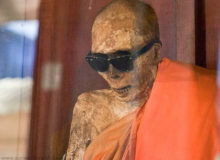Death and taxes are two unavoidable parts of life. Taxes sort of work the same the world over, but death and funeral practices vary widely by country and culture. Take a trip with me to the Indonesian island of Sulawesi, where the Torajan people practice one of the most unique death and funeral customs.
For the Torajan people, death is seen as more of a process than an event. When a loved one passes away, the family members will keep the body in the family home for a period of weeks to years. Usually the wealthier the family, the longer they keep the body. As long as the body is present in the home, family member is considered them to be Ma’kula, or a sick person. As long as the body of the Ma’kula is present, it is believed that their soul and spirit also remain.
And so, the Ma’kula are still a part of the family’s daily life, remaining in their bed or in a more central location like the living room. Whenever the family eats, they feed the Ma’kula as well. The Ma’kula is included in family conversations and they even pray with the Ma’kula.
Like me, you may be wondering how a dead body can be kept in the home for weeks or even years without decomposing. Well, that is just a matter of pure science. The bodies are treated with a formaldehyde solution that dries them out while killing bacteria and preventing decomposition. The end result over time is that the body actually mummifies.
Eventually a funeral ceremony is held to mark the passing of the Ma’kula from life to death. The ceremonies are usually large family and community event, often attended by hundreds of people.
An integral part of the ceremony involves the ritualistic sacrifice of a water buffalo. While the body of the sacrificed buffalo is cooked and served to the community, it is believed that it’s spirit will carry the spirit of the dead person into the afterlife.
After a few years, the family will exhume the body of their loved one to have a Ma’nene or second funeral. The Ma’nene, seen as an opportunity to thank the ancestors for their love and sacrifices, is also a time to reunite with and offer deceased loved ones respect. During the Ma’nene, the body is cleaned and dressed in nicer, new clothes before being reinterred.
-Be sure to check our medical and travel blogs out often and be sure to follow us (TwinDoctorsTV) on all social media outlets (FaceBook, Twitter and Instagram) and don’t forget to ask questions and suggest topics!
-Want a little more Indonesia? Check out Dr. I’s adventures in Bali RIGHT HERE! He didn’t experience anything as interesting as the practices of the Torajan people, but it is still a good read.
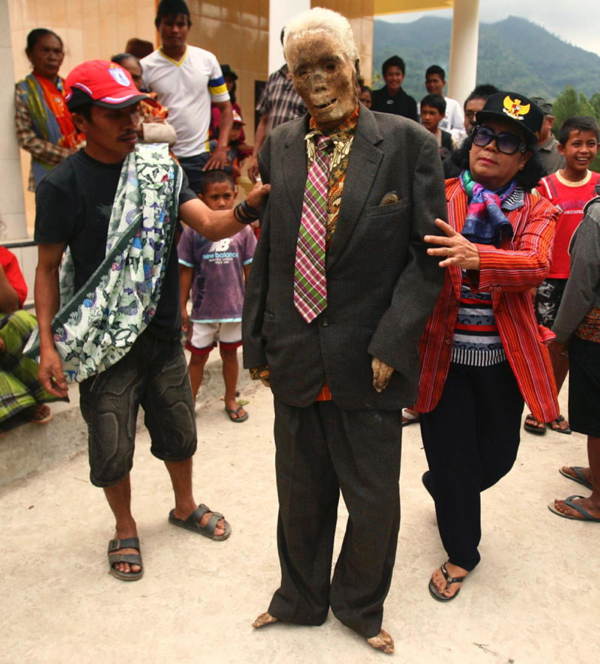
 May 19, 2018
May 19, 2018

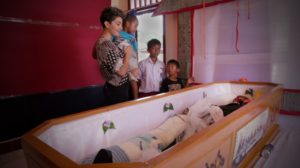
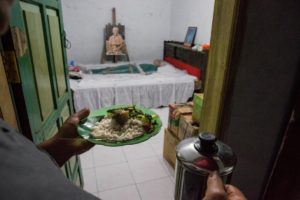
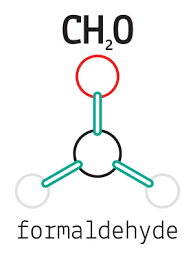
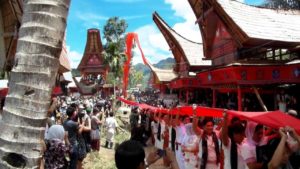
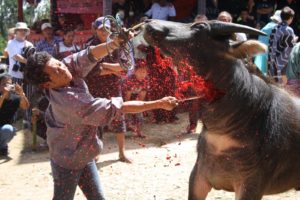
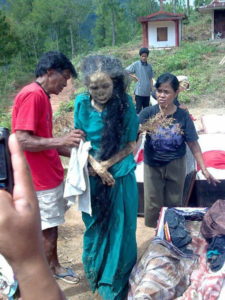





 May 19, 2018
May 19, 2018 